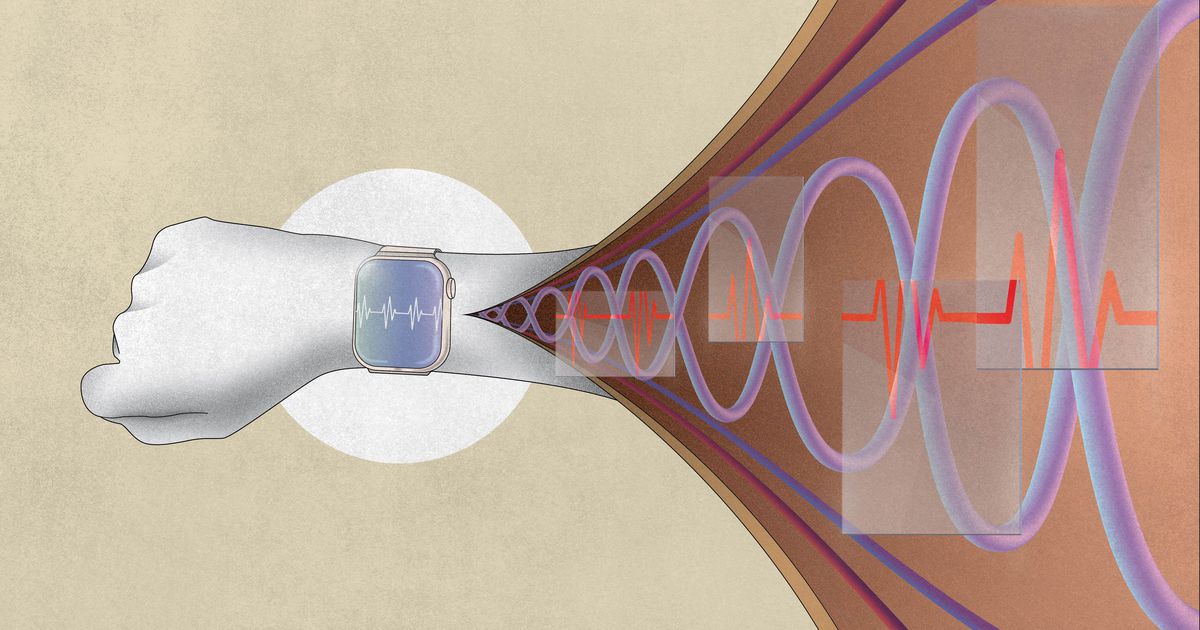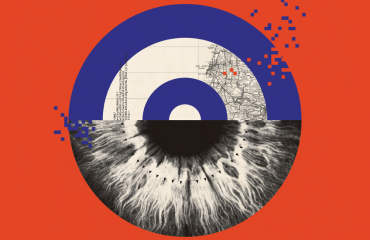9 great reads from CNET this week: Fitness trackers, iMessage issues, the climate crisis and more – CNET
Why all that fitness data you’re getting may be too much of a good thing. Plus: The trouble with those Apple iMessage green bubbles, growing calls for climate disaster reparations, and other top topics.
You track your heartbeat, your blood oxygen levels, your sleep patterns with almost no effort at all. The data’s all right there in your Apple Watch or your Fitbit, yours to check whenever you want. You’re trying to stay in tip-top shape, or to catch an early warning sign of something out of whack with your body.
It used to be, that was the job of your doctor or trainer. Now you’re your own physician’s assistant, and that’s where things get complicated. “I do get nervous,” Dr. Devin Mann tells CNET’s Lisa Eadicicco, about the clinical types of data you’re now seeing, “because the conditions tied to those data types are a little scarier, and people get scared easier.” For her in-depth report, she spoke with medical professionals, fitness device makers and anxious gadget users. You can read it below.
That story is among the many in-depth features and thought-provoking commentaries that appeared on CNET this week. So here you go. These are the stories you don’t want to miss.
The line is blurring as wearables become more advanced. And it’s only getting more complicated.
Commentary: Apple’s iMessage green bubble issues are about far more than group chats and emojis.
Amid the ravages of climate change, hard-hit lands look to wealthy nations for funds.
Getting on a plane, a train or a ship will likely remain complicated in 2022.
Almost $9,000 and with no autofocus, stabilization or video recording. Leica fans should love it.
To twee or not to twee, that is the question.
Crypto and NFT traders are getting airdrop after airdrop of “free” tokens. Here’s why.
Cybercriminals are increasingly using malicious QR codes to trick consumers.
You aren’t loving it, so just hit the Stop button and be done with it.
The information contained in this article is for educational and informational purposes only and is not intended as health or medical advice. Always consult a physician or other qualified health provider regarding any questions you may have about a medical condition or health objectives.



